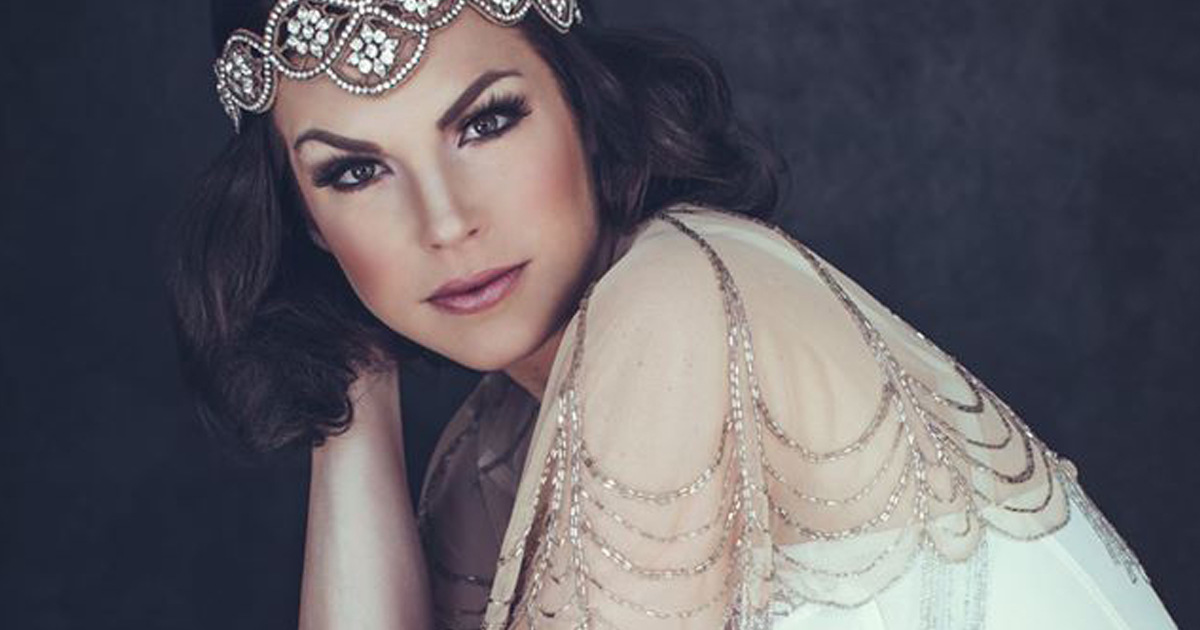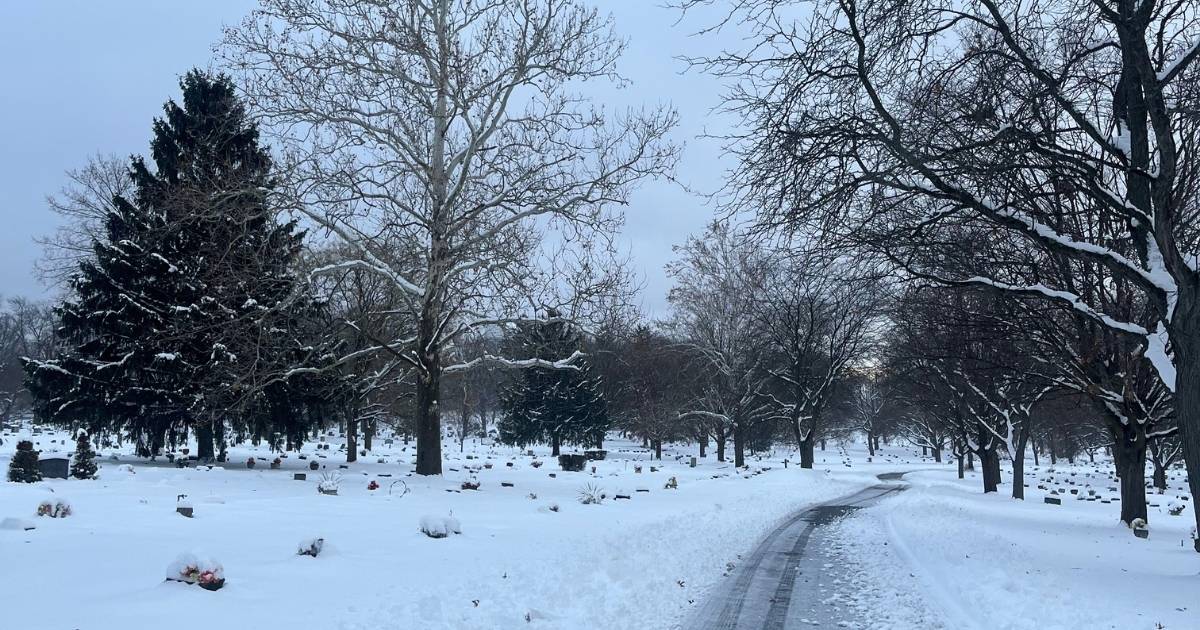"I am one of the two percent."
That is a statement you wouldn't have heard me say a few years ago—mostly out of fear and shame. You're probably wondering, "Two percent of what?" Well, I'm part of the approximately two percent of the population born intersex.
If this word is foreign to you, let me break it down: Intersex people are born with physical sex traits that don't fit the "typical" definitions of either male or female. In my case, I was born with XY chromosomes—which are typically "male"—and internal testes instead of a uterus and ovaries. Externally, my body looks like a typical "female".
What comes along with a diagnosis like mine is a heavy amount of fear of being "outted" as someone different than what society is used to.
For me, my internal testes were producing estrogen. But at age 15, doctors told my parents I had to have them removed. They convinced my parents that keeping the testes could cause cancer, and would be "mentally damaging" to me as a young woman if people found out I had them. It wasn't until years later that we learned this surgery wasn't medically necessary. In fact, I could have benefited from the natural hormone production.
At the time, I wasn't fully aware why I was going under the knife, or the implications of a surgery that took my hormone-producing organs. At 15, I was already fully developed and had gone through puberty. It's still important to have estrogen as a woman, though, and I was forced on medication to make up for my lack of natural estrogen.
It was a very confusing time. I was only a freshman in high school. I came back from surgery after Christmas break and still couldn't wear jeans, due to the incision that stretched wide across my lower abdomen. I wasn't supposed to take the stairs at all for a few weeks while I was healing, so the school gave me an elevator key. I was late to class twice because of it, and multiple students asked why I was stuck using the elevator, so I started forcing myself to use the stairs, even though it hurt.
I lied for years, to everyone around me. I lied so much, I started to believe my own lies. "I had a hysterectomy," I told most. I let fear of people finding out that I was different keep me quiet.
It wasn't until I was married and wanted a baby that this really hit home. My sister came to me and said she would carry a baby for my husband and me. We successfully got donor eggs and used my husband's sperm to do in vitro fertilization. Lucky for us, it worked in only a few rounds; today, we are proud parents to a 10-month-old baby girl.
At the time, I was working as a morning show reporter for FOX17. Being in media, it was easy to shout our pregnancy news from the rooftops. When I did, people had questions. Why was my sister doing this for me? People kept asking what was wrong with me, and I had a sudden violent urge to scream, "Nothing is wrong with me!"
I'm just different.
So, I did just that—I slowly began telling my story, little by little, helping people understand that not being able to have a baby was very hard for me.
But it didn't mean something was wrong with me.
In telling my story, I have been hearing from other West Michigan mothers whose daughters were born with an intersex variation. They're scared and afraid of the unknown. I tell them there's nothing to be afraid of. Nothing is wrong with your children. They're just a little different.
I am now passionate about stopping medically unnecessary and irreversible surgeries like the one performed on me. Surgeries on intersex individuals are driven by fear—fear of a body that they don't understand and can't check in a "male" or "female" box on a piece of paper. These surgeries are human rights violations, and in the future I want other intersex people, especially young people, to not feel shame.
At Grand Rapids ArtPrize 2014, I saw a piece that invited the public to confess something about themselves. I noticed someone wrote, "I am intersex and I am here."
To you, I say, "You aren't alone. I am here, too."
Jackie Green is the host of "Afternoons with Jackie Green" on 105.3 HOT-FM and lives with her husband, Jim, and daughter, Greenleigh, in Grand Rapids. When she isn't working, she's an active runner and serves as the current Ms. Michigan US Continental. She is using her platform to help advocate for intersex youth. You can connect with Jackie on Facebook at facebook.com/OnAirJackie.
For more information:
AIS-DSD Support Group
interACT: Advocates for Intersex Youth
Photo courtesy of Elise Kutt.




